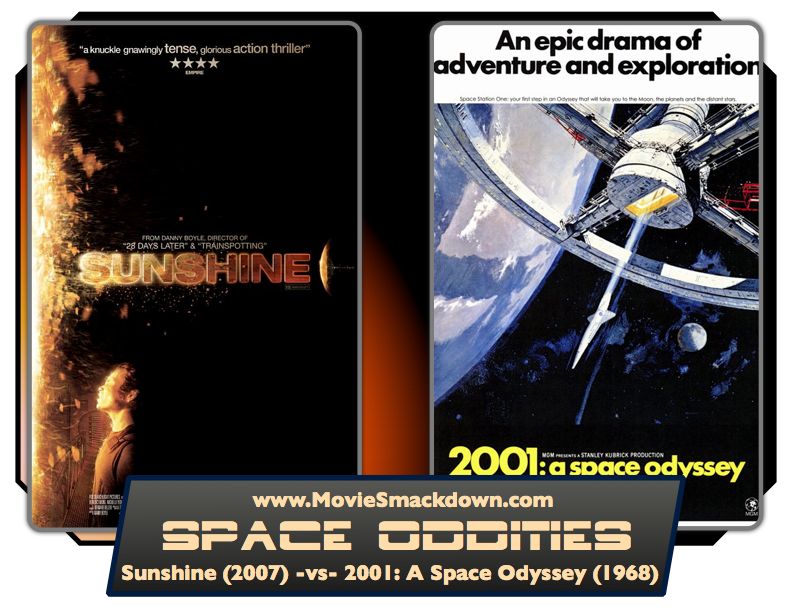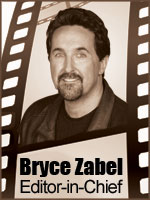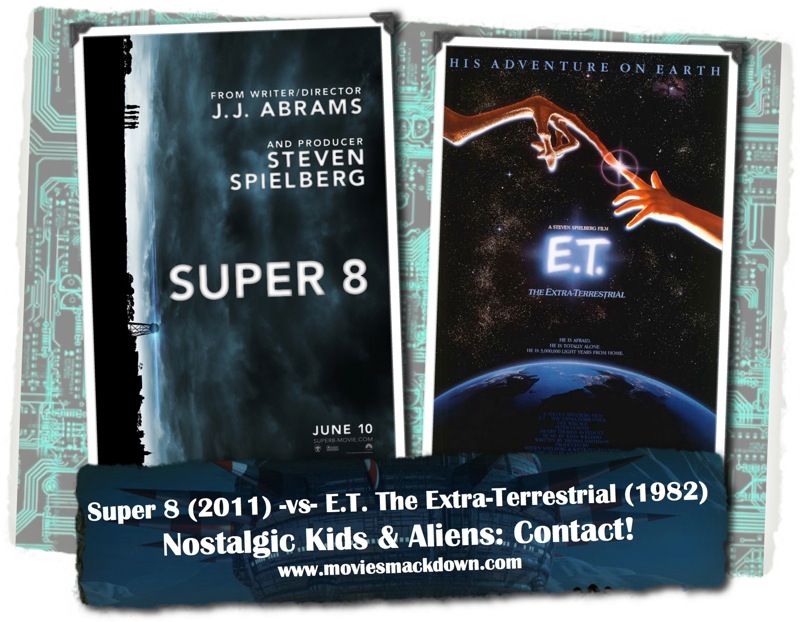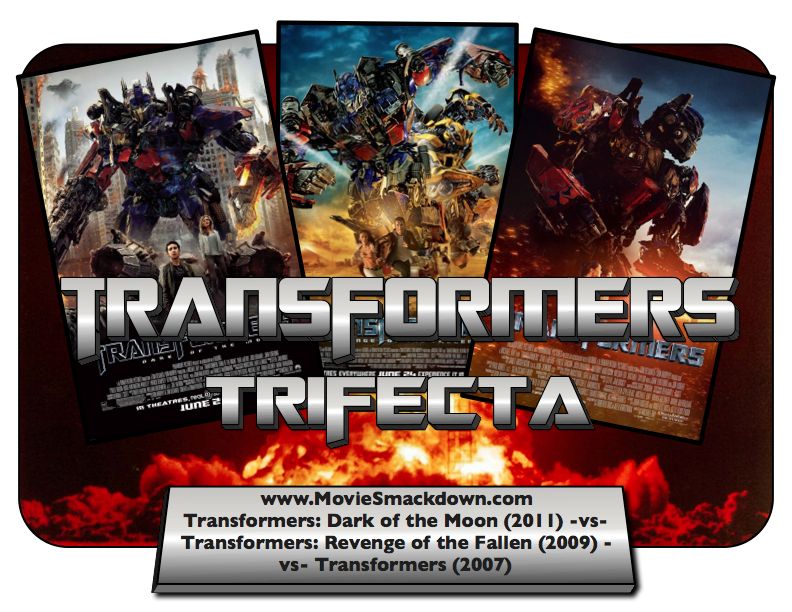
 The Smackdown
The Smackdown
Exactly how crazy can you go during a long space journey — as you begin to realize you probably won’t surivive, or maybe just that the rules have changed so much, nothing you knew before really mattered? Before director Danny Boyle took home an armload of awards (including those Oscars) for Slumdog Millionaire, he placed Sunshine into the space zeitgeist, cocky enough to weather comparison to the One True Champion, namely, 2001: A Space Odyssey.
Let’s get one thing out of the way right now — 2001: A Space Odyssey is a true film classic. It deserves its praise, and it deserves to be seen in any good film school program. If you haven’t seen it, you should. But it does not have a lock on this decision. It’s over forty years old now. Much has changed: in the world, in filmmaking techniques, in the reality of spaceflight. At this point in time then, looking back on the efforts of 2007 and 1968, which is the better space journey film? Which one will truly blow your mind, be beautiful to look at, and feel important?
[singlepic id=730 w=320 h=240 float=right]
The Challenger
The same team behind 28 Days Later — writer Alex Garland and director Danny Boyle — want you to believe that, this time, instead of a zombie infestation, the sun is actually dying about four-billion years before we thought it might. The kick is that, as in their earlier collaboration, for the most part they actually make you believe it. Sunshine tells the story of an eight-person astronaut crew speeding toward our sun in a small spaceship attached to a Very Large Bomb. The idea is to fire the bomb into the sun, jump-starting it back to health. Have I mentioned that this is probably a suicide mission? Yeah. And let’s not miss the irony here. While we’re holding worldwide consciousness raising concerts to battle global warming, the Earth in this film is freezing… fast.
The special effects are convincing in every way. The design is very realistic, looking exactly like you’d expect a ship like that to look. The film shows off beautifully and sounds just fantastic.
The acting here is first-rate, too, led by Cillian Murphy, who the filmmakers worked with on 28 Days Later. He plays Capa, the ship’s physicist. He gets, for me, the most arresting scene in the film when he attempts to tape a message to send back to his parents and has to go through numerous takes to get it right. This is the often-neglected territory of space-flight movies. In reality, there is no two-way conversation. If you have something to say to anyone back home, or they to you, it all has to be done in message units. Because of the vast distances, there’s no back-and-forth. That simple fact alone should tell you just how isolating being blasted away from the Earth can (and, someday, will) truly be. So, yes, these crew members will ultimately get on each other’s nerves, but they pull it off by not trying to be action movie heroes. (This is no Armageddon.) Instead, they all play first rate astronaut/scientists.
The first half of the film is a wonder of increasing dread that is composed of bits and pieces of conversation, duties and science, and taken together, it solidifies the reality of the piece until you are completely sucked in. As mentioned, the film then takes a more conventional turn when the crew picks up a distress beacon from the ship that preceded it, then disappeared. The closer to the sun these people get, the more things fall apart, and the more scary tricks are played on us as viewers.
[singlepic id=18 w=320 h=240 float=right]
The Defending Champion
If you’re old enough to have seen 2001: A Space Odyssey when it first came out in theaters, you remember how it simply blew you away. Nothing like it had ever happened before in a movie theater. If you’ve seen it only as a piece of film curiosity, not all that different from, say, watching The Wizard of Oz these days, then you probably cannot relate to the extreme emotional connection it made with the vast majority of its audience. I was blown away.
Turning away from that aspect, however, the story is simple. A giant, “intelligently designed” monolith has been found on the moon. It is emitting a signal straight to Jupiter. A massive ship is constructed, crewed by two pilots, and sent to investigate. Along the way, these two men (who so underplay their roles you have to see it to believe it) begin to believe that somehow, the computer, an AI named “HAL,” is behaving strangely. Hal kills one of the pilots, and the other is forced to kill Hal in return. Then, in the last half-hour, ships, computers, and everything that came before goes out the space portal, and we enter into the “odyssey” part of the film that audiences have been debating now for four decades.
The Scorecard
I came to view Sunshine having loved Danny Boyle’s 28 Days Later and hearing some good buzz for this latest effort. Despite being put off by the voice-over, the film soon rights itself, and it is clear that it really does want to go for the gold and de-throne 2001: A Space Odyssey. And within a few minutes, I was rooting for it to do that.
Both 2001: A Space Odyssey and Sunshine share a similar complaint with some critics: that they are uneven and portions of each are powerful, terrifying, insightful and others are confusing or conventional. It is clearly true that, even today, you can’t get a roomful of people who have seen 2001 to agree on what’s actually happening at the end. And it will be equally true in the future that people will say the first half of Sunshine is more ominous and scary than the last half, which some will see as lumbering and slow.
Both films have talking computers, awe-inspiring space vistas, loneliness and otherwise normal intelligences that have gone berserk. Sunshine, though, isn’t a clone of 2001, or if it is, it unintentionally got some other film’s DNA mixed in by accident.
2001 hasn’t aged well, specifically because it attempted to be specific about the future before it was, well, the future. It’s got a feeling of Cold War with the Soviets, the technology of its 2001 was probably too advanced even from 1968’s perspective, and instead of fantastic spacecraft sailing to the outer planets in 2001, we got 9/11. All that, plus the ape costumes weren’t great, the peaceful civilian use of space is still a dream, and it missed the Internet. Yet it did give us HAL as an A.I., the early colonization of the moon, and human politics in space, all things that will probably still come to pass. It’s not perfect, but it’s still wonderful.
On the other hand, Sunshine gets a lot of details right in many of the small areas, but in the larger canvas of the mission to the sun, it’s not that easy to buy into. You have to buy that the sun will go south on us billions of years before it’s supposed to, that we can build a ship capable of towing a Manhattan-sized bomb and get it into orbit and on its way, and that this ship and its crew can survive a close-encounter with the sun. You also have to buy a rather large plot device in the last third that is hard to accept, and even if you do, seems out of place in the storyline as its developed.
The openings of both films, though, announce different intentions. 2001 means to feel important, from the apes discovering the monolith, to the docking with the space station, to classical music. There’s no dialogue for the longest time. Sunshine, in contrast, opens with a voice-over because, I guess, they don’t think the audience, having paid their money, will have the patience to sit in their seats and watch the film unfold. I hated the voice-over. It should never have been in this film. Shame on the person who probably forced the filmmakers to put it in. And if they did it themselves, don’t do that again, okay?
The Decision
As I’ve said, about a half hour into Sunshine, you are sitting back in your seat thinking that this is a film that could take the title from 2001: A Space Odyssey. Even an hour in, you are thinking that it is possible that it will do just that.
About that half-way point, though, you realize it really wants to be Alien and then, after that, you realize it’s more like a high-class version of Event Horizon or maybe just 2010. Disappointingly, it becomes includes slashers in space.
So the only way this story writes itself is to say that Sunshine was an extremely promising challenger who came to the fight well-prepared and confident. Applause for trying. It takes courage to get in the ring with the Heavyweight Champion, and that’s just what Danny Boyle decided to do. He came in better than most but not good enough to take the belt home.
Because, at the end of the day, what Sunshine isn’t, is another 2001: A Space Odyssey. That also imperfect, but ultimately wonderful film — after four decades — still is the must-see science fiction film of our time.




Hey guys. I didn’t like Sunshine all that much. I felt the uneven tone of the film (going from the aforementioned Alien and Event Horizon overtones) worked against it. So much so, I included it in my Worst Film Week back on my own website last year. You might want to check out the reviews on site for an alternative viewpoint on Danny Boyles’ film. In any case, I agree with your summation Bryce, I feel that there’s a high chance that 2001 will never be knocked off it’s perch as one of the true giants in Sci-fi cinema. I still get chills watching it for it’s sheer technical scale and grandiosity: the effects are superb considering it was made a decade or so prior to Star Wars, which is I think the more modern benchmark for the genre. Great review!
Hey, Randal… Nice to hear from you… I agree. I’ve seen SUNSHINE twice now and think it’s moody and fascinating in so many ways. It does fall short a bit here and there, so does 2001, but I love these thoughtful space films, too.
Too bad that Sunshine had to go up against such an iconic film; but I thought it was absolutely brilliant. Admittedly, there was a tone jarring sub- plot along the way, but I was spellbound and captivated by this thought provoking motion picture.